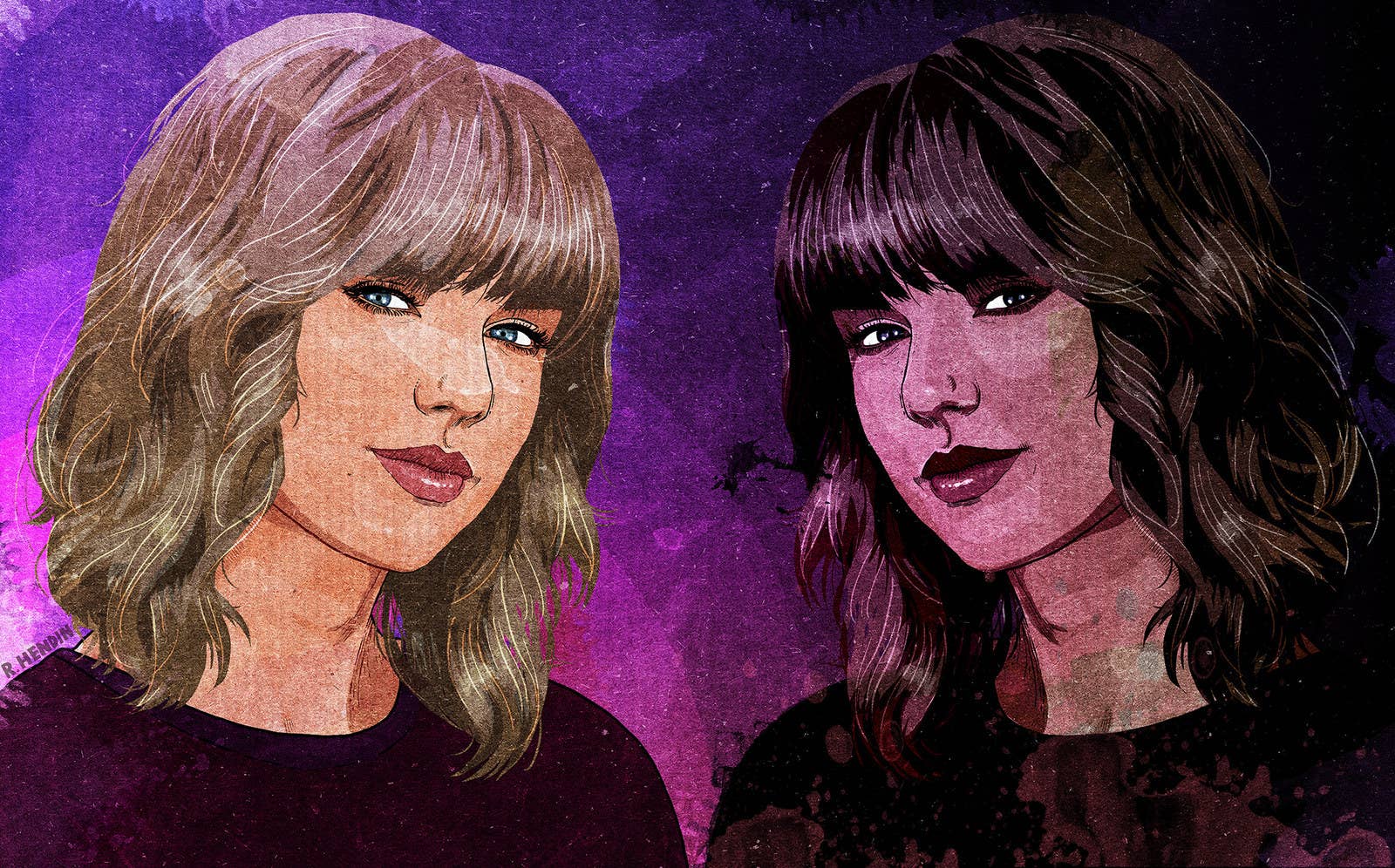
After Taylor Swift’s relationship with Harry Styles ended in 2013, she received so much daily abuse she came offline for a year. In the press, she was labelled a serial dater, a "maneater" who was crazy and desperate for a boyfriend. By the end of the year she was ranked 18th in Star’s “Most Hated Celebrities of the Year” list.
Blog posts with headlines such as “Why we love to hate Taylor Swift” and “Taylor Swift is a feminist’s nightmare” swarmed the internet. Ironically, though, no one wanted to read about her. People didn’t click on online articles about her, and on newsstands she was consistently one of the worst-performing magazine cover stars – her appearance on Cosmopolitan’s Christmas cover was the worst-selling issue that year.
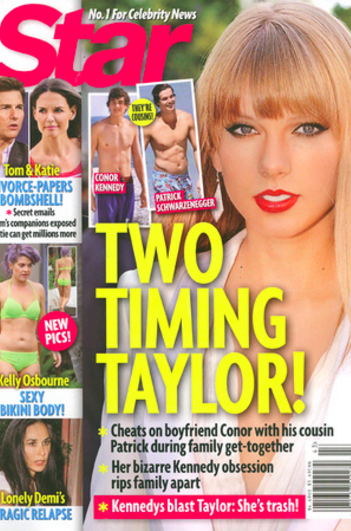
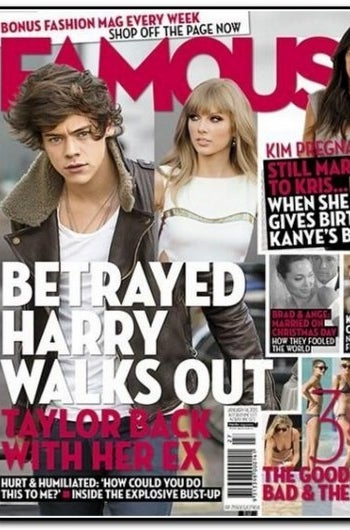

She was mercilessly mocked when she cut loose and danced at awards shows, her songwriting was criticised as spurious and clichéd, and her personality was called disingenuous.
Much of this criticism came from other women. It’s something Swift addressed after Tina Fey and Amy Poehler joked about her love life at the 2013 Golden Globes, warning her to “stay away” from single guys and spend some time alone. But as the floundering magazine sales proved, even those women who weren’t being vocal about their dislike were effectively boycotting her.


Then Swift disappeared from the public eye for six months. It was clear that when she returned in 2014, things would have to be different. If she was going to achieve success on a mass scale, her public image needed transforming.
And the most important part of all was reversing female opinion.
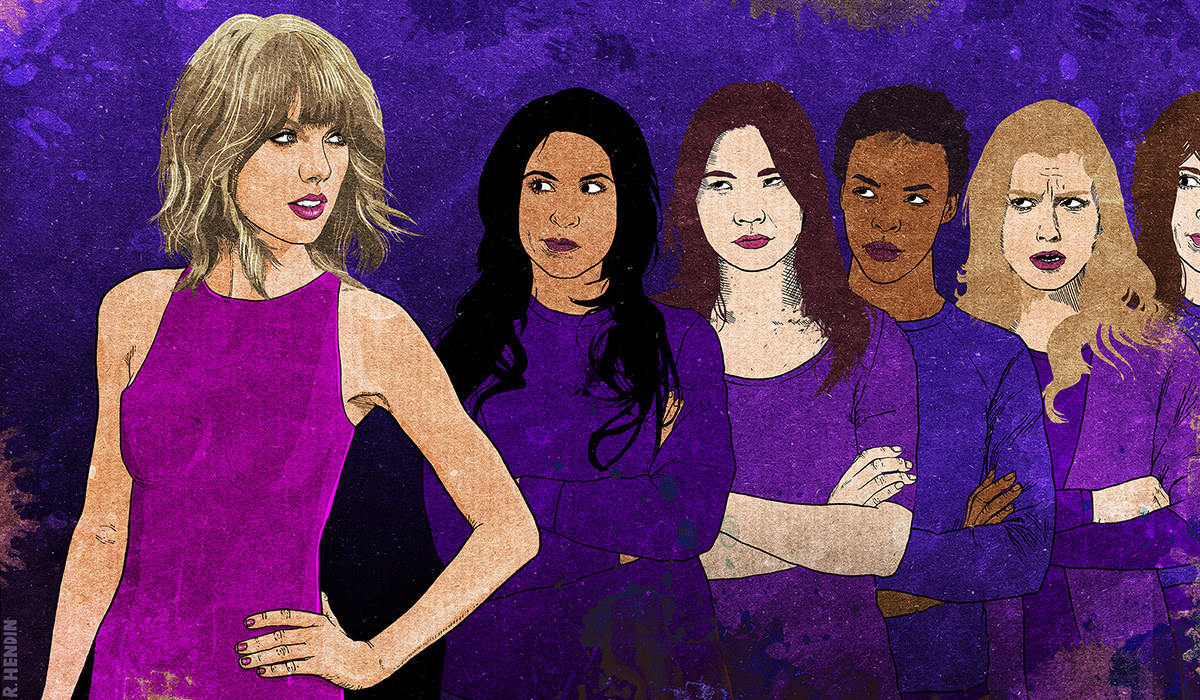
The criticism she had received in the past was in part due to her own portrayal of other women in her music and videos. In her earlier work, she primarily wrote from the perspective of an “innocent” woman desiring an angelic man who’d been seduced away by a hypersexualised “other woman”.
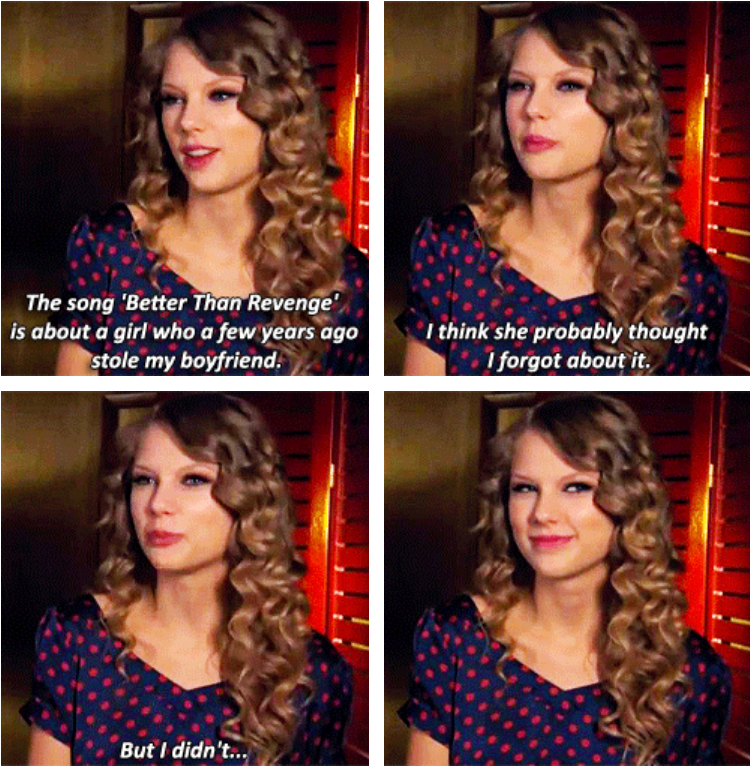
Critics accused her of fuelling gender stereotypes and vilifying the sexuality of other women. It turned up in her lyrics: “She’s an actress / But she’s better known for the things that she does on the mattress.” And in the video for “You Belong With Me”, Swift, dressed in a white outfit, wearing her blonde hair in soft curls, is juxtaposed against a “love rival” in a cutaway red dress, red lipstick, and a long dark wig. On her first four albums, Swift used the love rival trope in eight songs and in more than half her videos.






Her transformation began with a change in songwriting stance. While 1989’s predecessors focused on the relationship between Swift, her love interest, and a female rival, all the tracks on 1989 were about her relationship with an ex-boyfriend and, more importantly, herself. It can't be a coincidence that the album concludes with “Clean”, an ode to getting over the failed relationship and moving on – single and content.


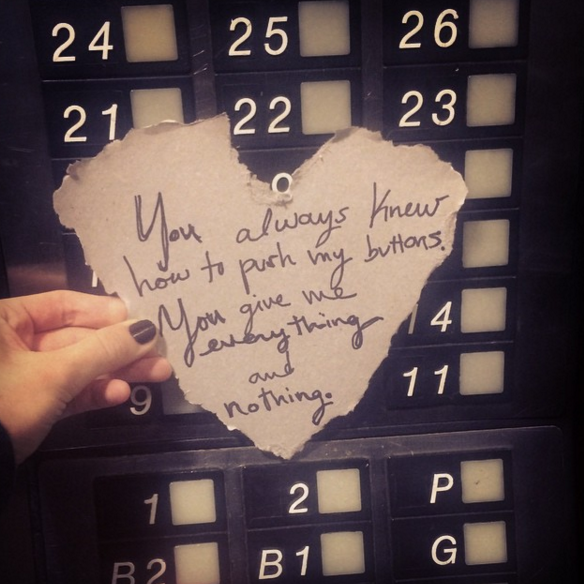
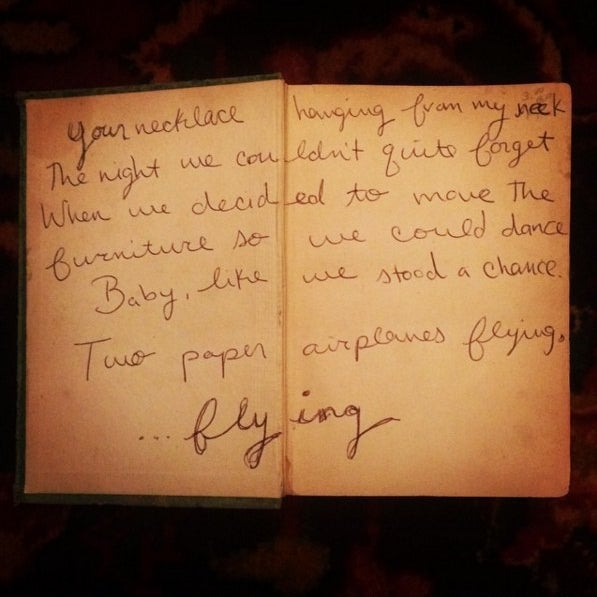
And her return to the public eye was as this single, content woman who spoke at length about how happy she was away from relationships. This, as well as the fact that she remained single for the entire promotional period for 1989, went a long way towards legitimising both her comments about being happy out of a relationship and her previous denials of being a serial dater.
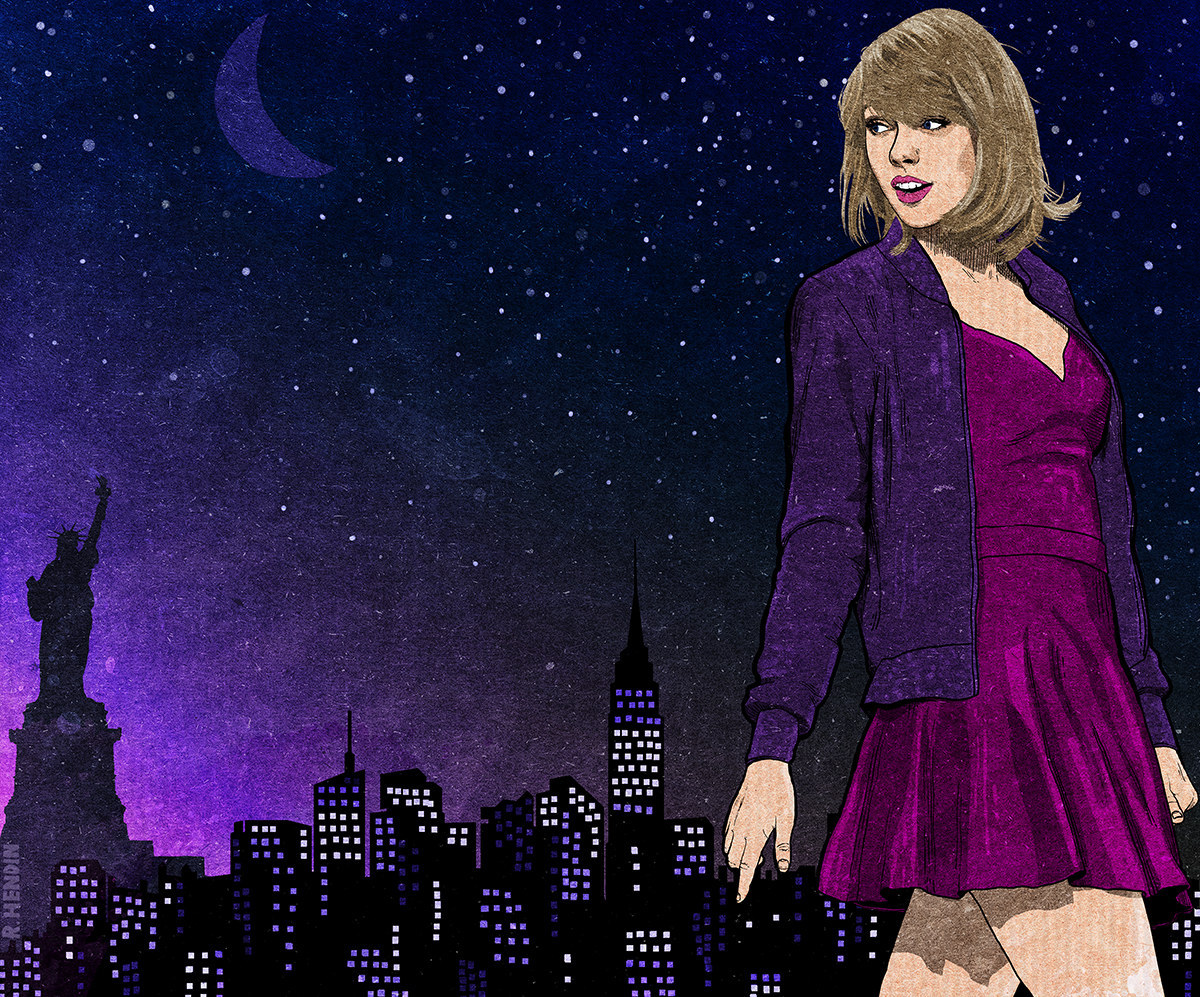
Furthermore, her relationship with Calvin Harris only became official in August 2015 – a full year since her comeback. Although Swift has admitted she felt “shamed” into remaining single, doing so laid the groundwork for rebuilding her public image.
As a result, her new relationship was well-received. In fact, the photograph below of Swift with Harris became the third-most-liked Instagram photo of 2015. And in stark contrast to her previous relationships, Swift has remained silent on the subject of Harris. In subverting everything the public had believed to be true, she won their trust.
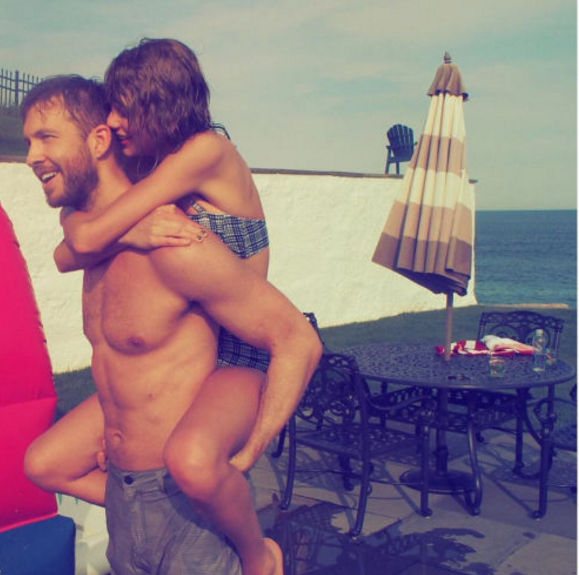
This was no more powerfully achieved than in “Blank Space”, a satirical song written from the perspective of the unstable serial dater the media and public believed her to be.
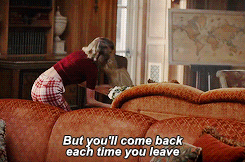

In writing it, she implemented a tried-and-tested defence mechanism: Make the joke about yourself before anyone else can. In this case, acknowledging and satirising her portrayal as a desperate "maneater" ensured that she reclaimed the power the media and public had wielded for so long. And in taking ownership of the joke, Swift shut down the entire narrative about her dating life.
In fact, she’d become so unfazed by the serial-dater media caricature that she also didn’t care if the satire was misinterpreted. She recently told GQ: "I knew some people would hear ‘Blank Space’ and say, 'See, we were right about her.' If you don’t get the joke, you don’t deserve to get the joke."
More interestingly, even those who did miss the satire still identified with the song. Female music reviewers began saying they could relate to being called “crazy” and that up until now Swift’s refusal to identify as such made her “less relatable”. Others took it as a message of solidarity for young women everywhere.
It wasn’t just “Blank Space” that worked to transform her reputation, though. “Shake It Off”, with its nonchalant refrain about ignoring haters, was another example of halting the negativity aimed at her. If she wasn’t affected by the criticism enough to make her do anything other than shake the criticism off, then that criticism was redundant. And she successfully regained control of the joke about her awkward dancing in the song's video, in which she mocked herself by failing to keep up with the professionals.
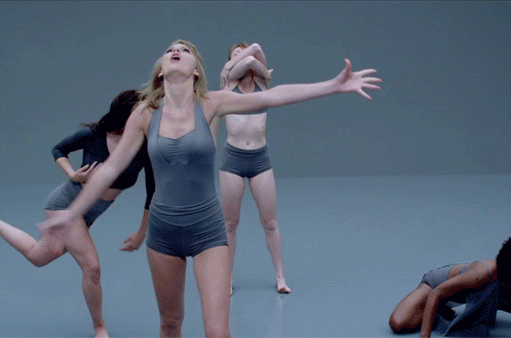
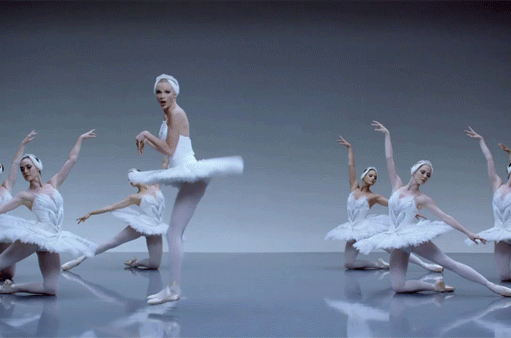
A slow sense of realisation began to dawn on her critics: What if this overt display of awkward dancing meant Swift was, in actuality, extremely self-aware? What if she was not only acknowledging the joke, but proving that she’d been in on it all along?
This called into question the biggest criticism levelled at her by other women: that she “tries too hard”. We want our celebrities to possess humour, intelligence, beauty, and personality – all expressed effortlessly. Those who “try too hard” to achieve any of those things see their likeability plummet. But in just four minutes, the video for “Shake It Off” disrupted this narrative. Perhaps she had never been “trying” at all. Perhaps this awkward, dorky persona was actually just her.
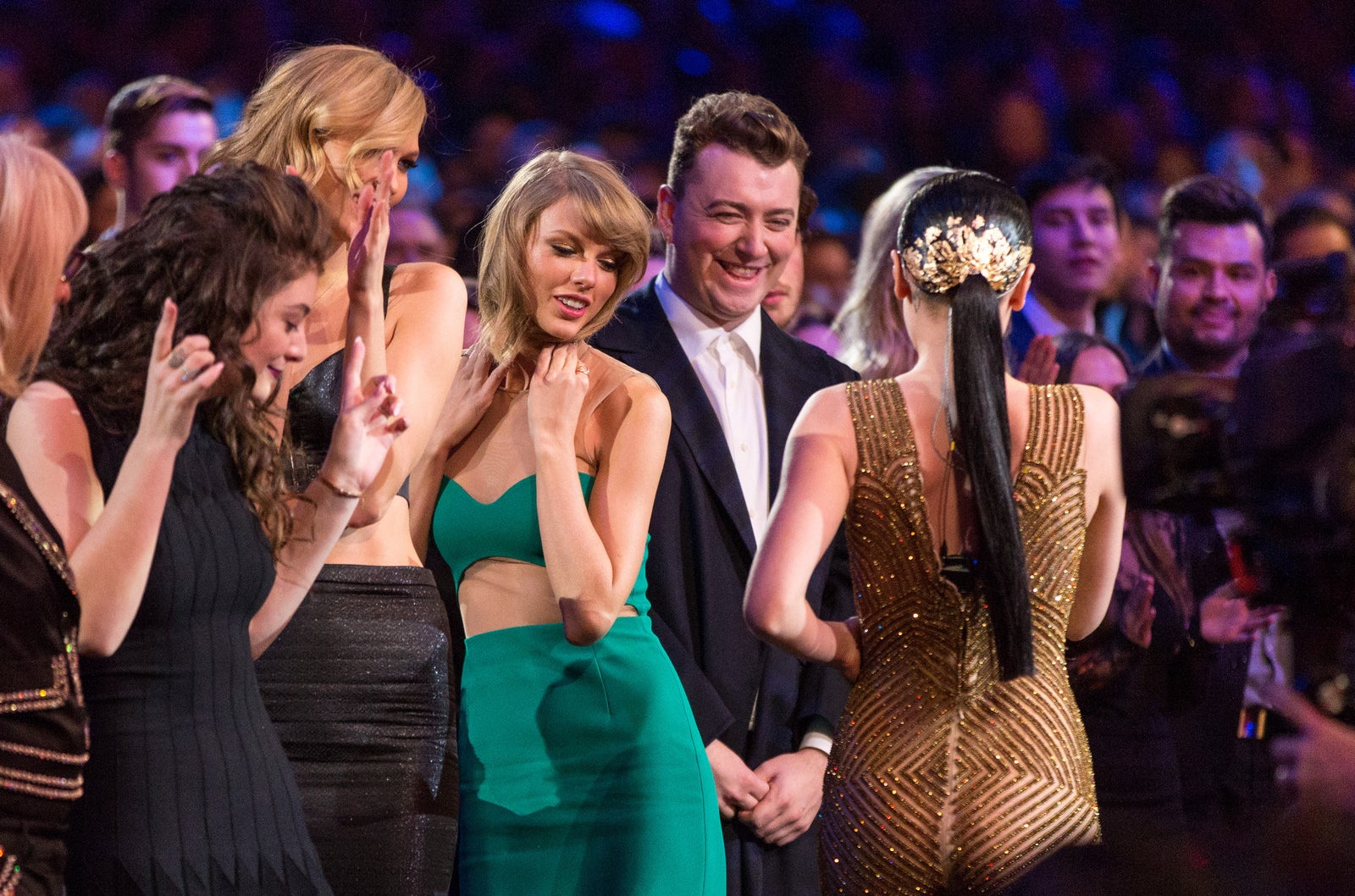

As a result, when she let loose at the AMAs in November 2014, far from mocking her, the public and media found it endearing. She’d successfully rebranded herself from disingenuous and desperate to lovably uncool – your dorky best friend.
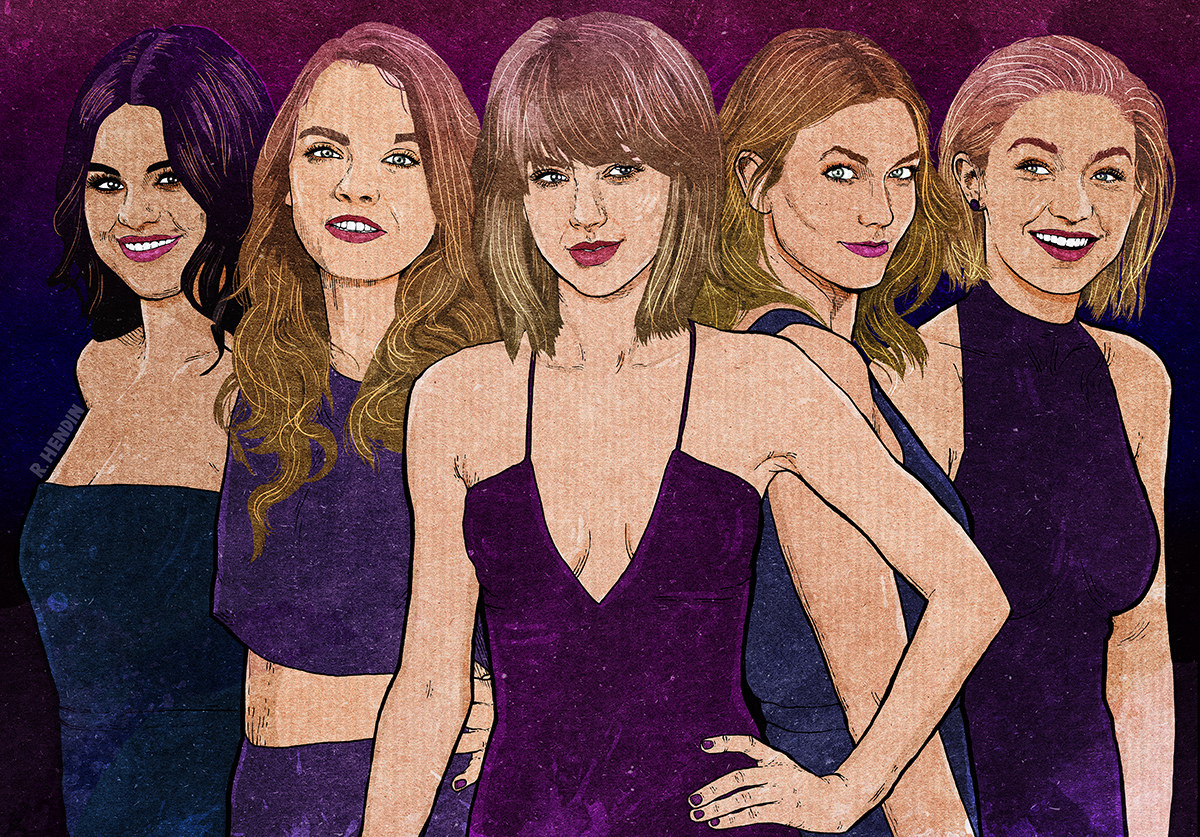
And this coincided with another huge change: She went from writing songs about being bullied by girls and having no friends to being known for her friendships with other women. Because by now she’d masterfully recruited her “Squad” – a group of female celebrity friends. Whether it was a carefully considered image maintenance strategy or not, it’s gone a long way in securing her transformation into a girls’ girl.

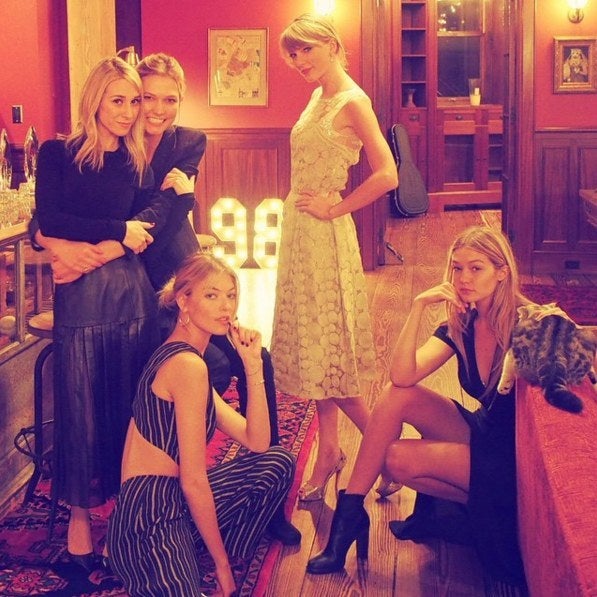

Each woman in her group serves a function – beautiful Karlie Kloss, feminist Lena Dunham, alternative Lorde – and even on the periphery, there are still culturally significant women: Cara Delevingne for example, who gives the otherwise wholesome squad an edge, and Kendall Jenner, a member of the most famous family on the planet.
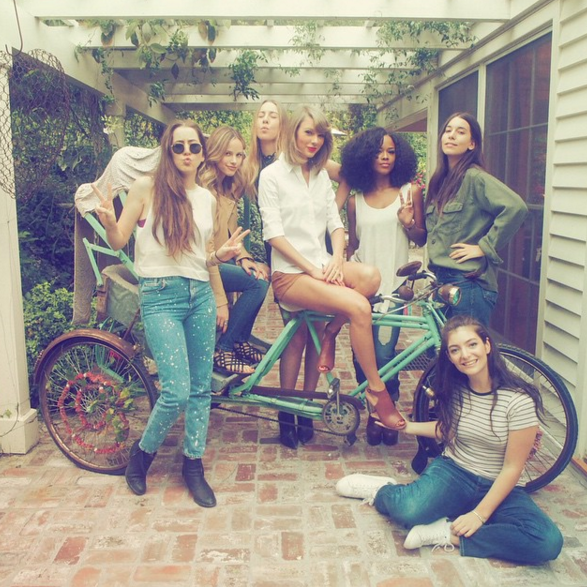


In fact, the only man Swift socially associates herself with is Ed Sheeran, whose fanbase is also overwhelmingly female. Most significantly, her core squad consists of attractive, cool, aspirational women. And by association, Swift becomes those things.
These friends all appeared during video montages in her 1989 world tour, giving glowing testimonials about Swift and speaking about the importance of empowering other women.

Swift also put this into practice by inviting guest performers up on stage, many of whom were carefully selected female role models, in a public display of girl power.
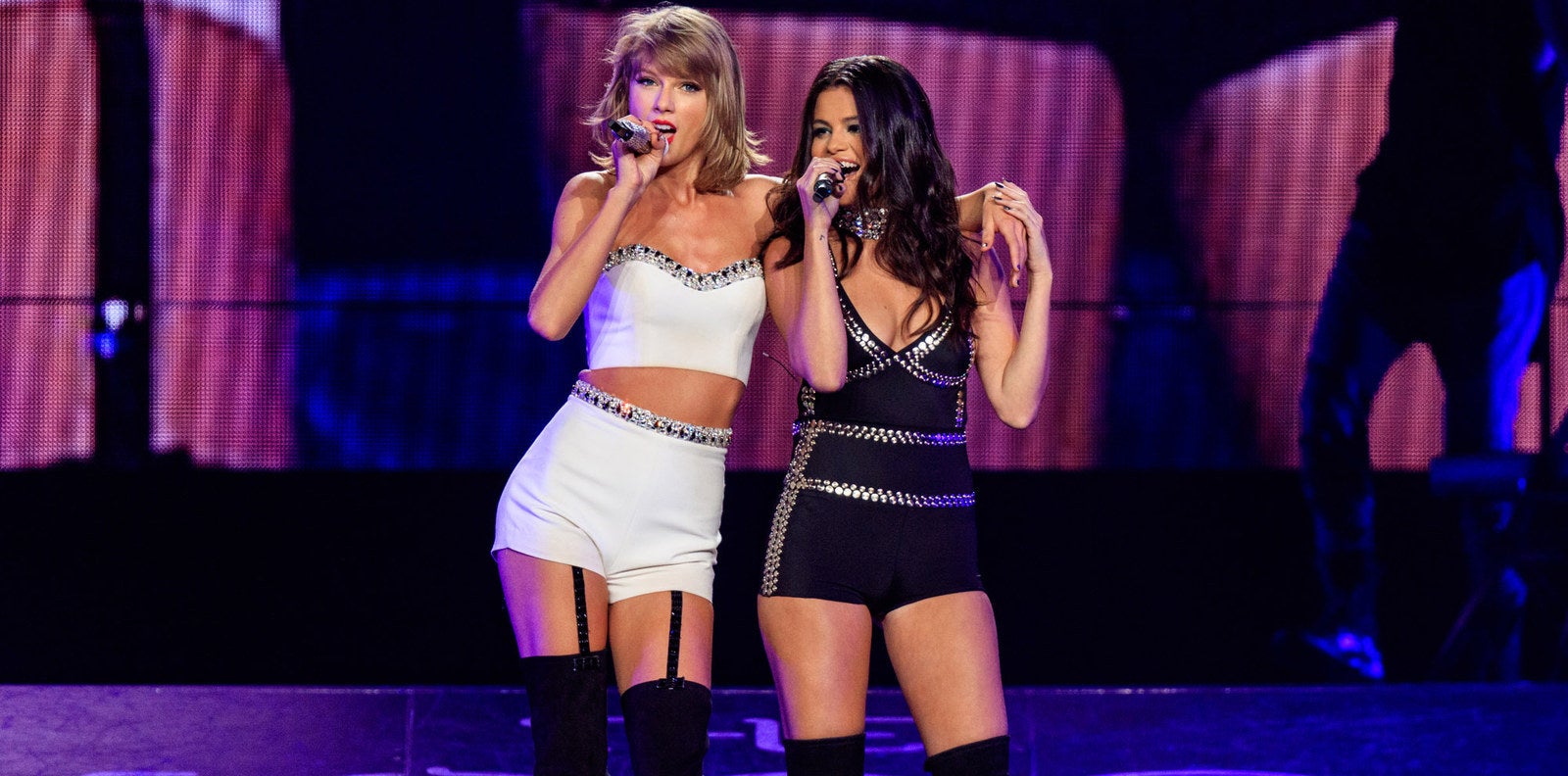
But her friendship with Dunham also served another function.
Back in 2012, Swift had publicly rejected feminism, saying: “I don’t really think about things as guys versus girls. I was raised by parents who brought me up to think if you work as hard as guys, you can go far in life.”
But when she made her comeback last year, she said Dunham had been a catalyst in her reversing these views. “I didn’t understand that saying you’re a feminist is just saying that you hope women and men will have equal rights," Swift said. "Becoming friends with Lena has made me realise that I’ve been taking a feminist stance without actually saying so.”
Of course, Swift has been criticised for being a purveyor of white feminism, and this was highlighted by her response to Nicki Minaj’s tweets about the MTV VMA nominations earlier this year. After Minaj commented the music industry’s lack of recognition towards artists of colour, Swift stepped in to defend what she saw as a personal attack. By prioritising herself at the centre of a struggle faced by women of colour she appeared to disregard and sideline those struggles.
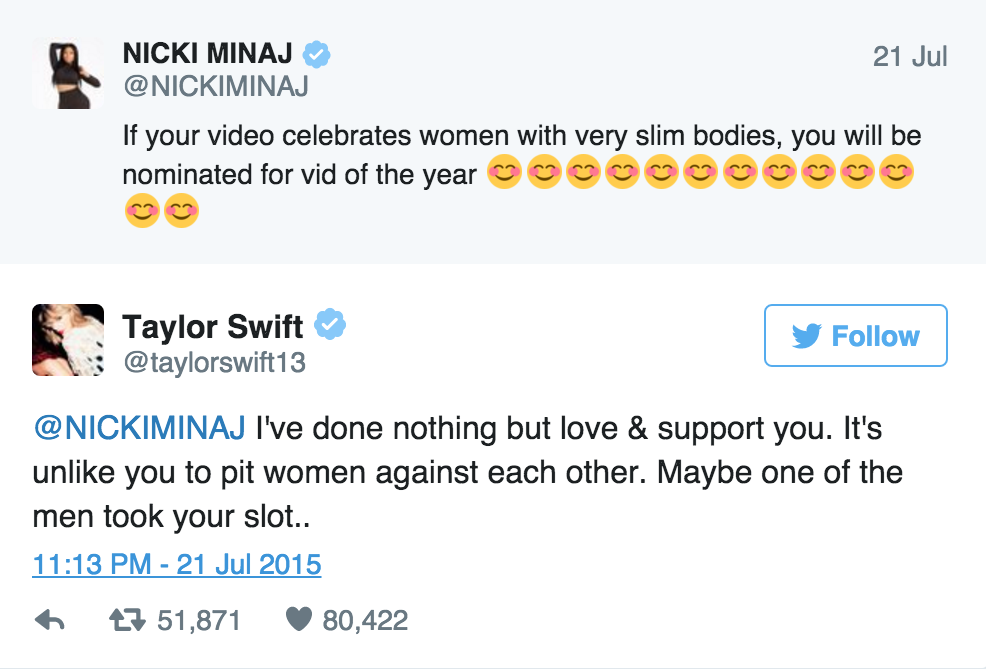
The video for “Shake It Off” was also racially problematic. The scene where she crawled through the legs of women of colour looking upwards as they twerked, was accused of playing into the historical fetishisation and objectification of the black female body.
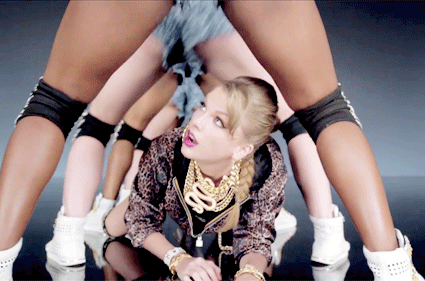

It’s unsurprising, then, that her carefully constructed apology tweet to Minaj referenced this lack of understanding. But by supporting feminism and admitting she’s still learning about intersectionality at a time when the cause has never been more prevalent in the media, Swift has ensured that she is, at the very least, positioning herself on the same side as other women, rather than against them.
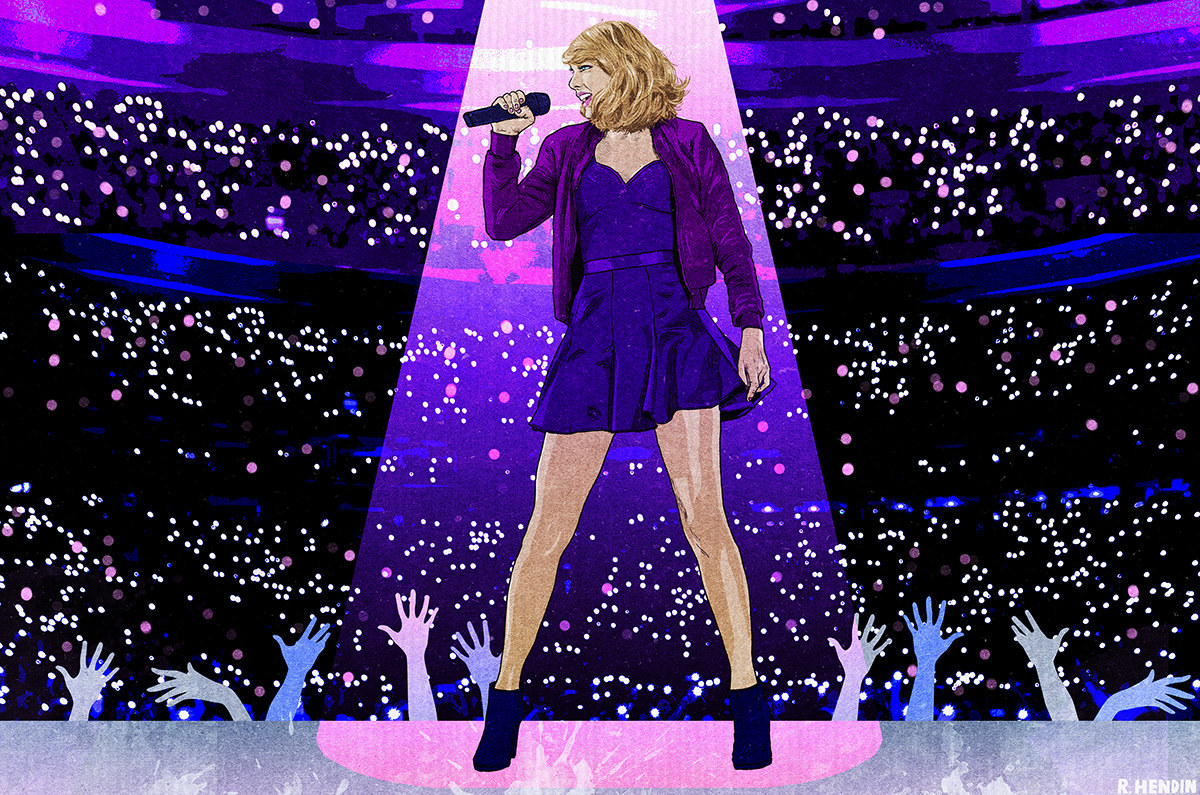
Consequently, she’s managed to achieve the characteristic that all phenomenally successful women possess, the absence of which had been holding her back: being the sort of woman that other women like. The world’s most successful female stars, from Beyoncé to Jennifer Lawrence and Emma Watson, are all largely revered by other women. By reversing her opinion on feminism, surrounding herself with women, and cementing her identity as a girl you’d like to be friends with rather than be wary of, Swift joined that elite.
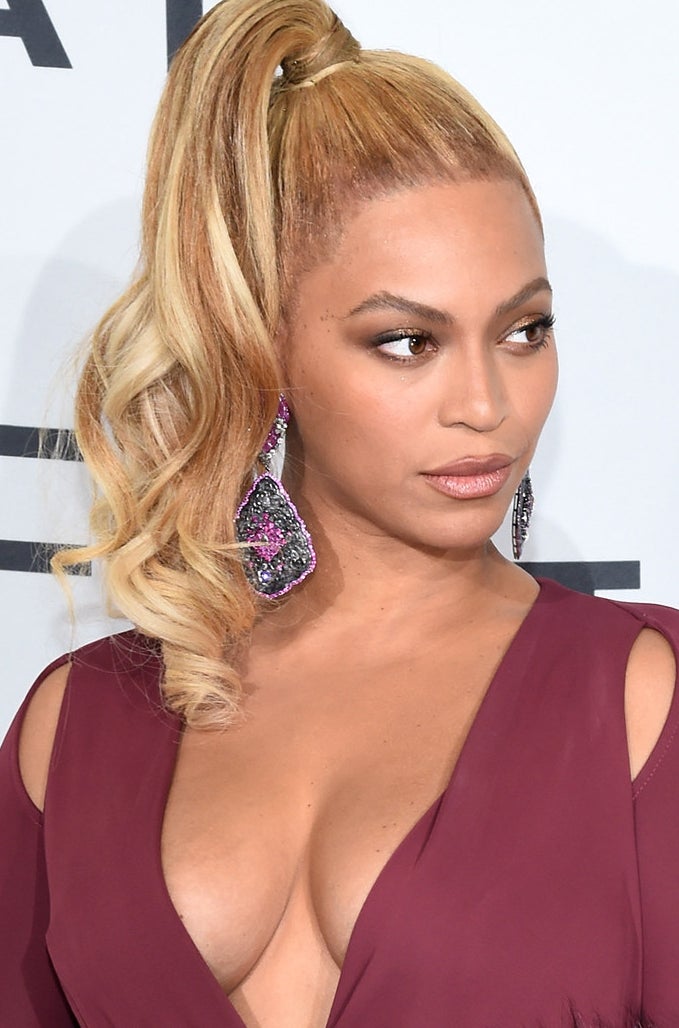
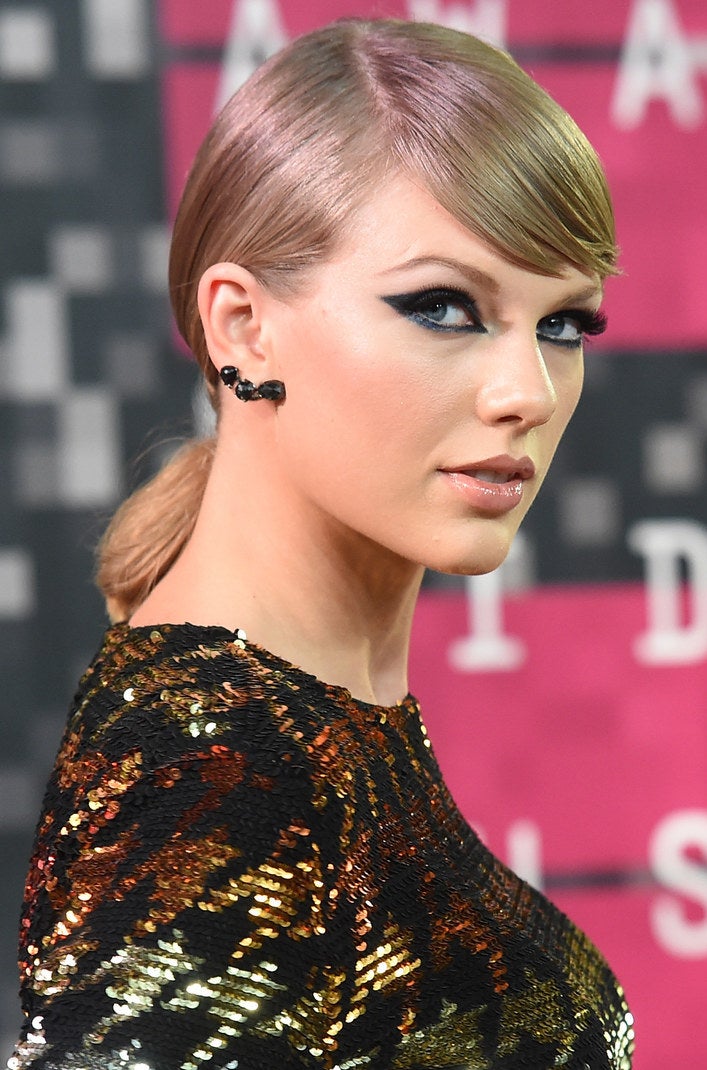

As a result, the public are buying into Swift in a way they simply didn’t before. This year she not only experienced the biggest growth out of any celebrity on Instagram (a 73% increase on last year), but also became the most followed celebrity in the world. People are reading articles about her and watching her videos in their millions, and just five months after its release, 1989 had sold 5 million copies – more than her previous album shifted in two and a half years.
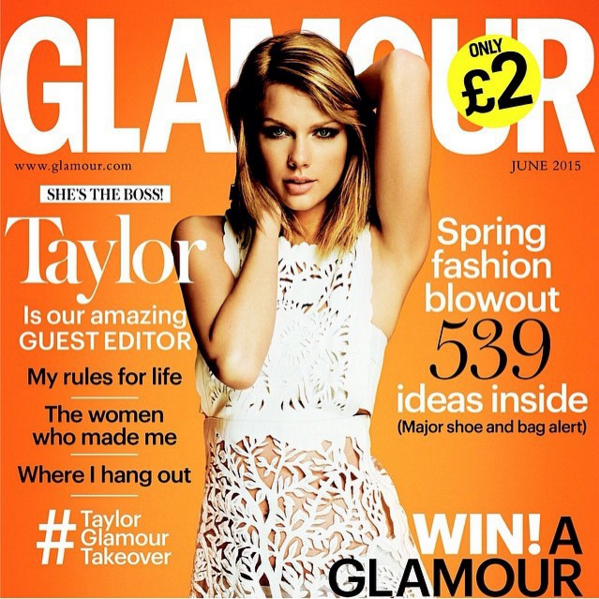
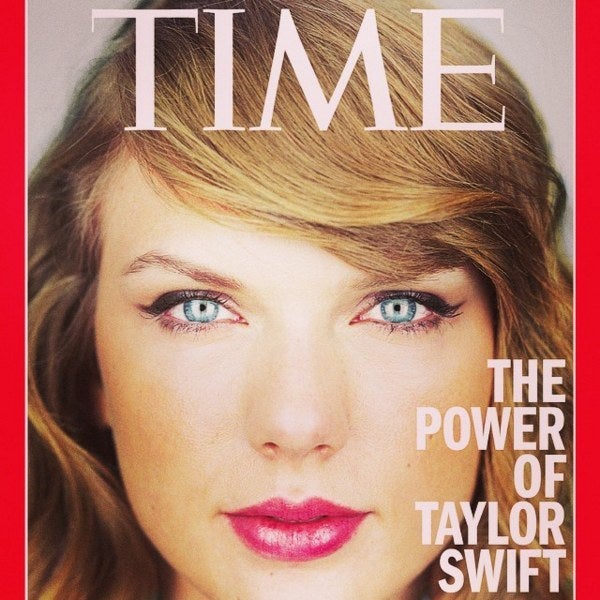

Then came wider cultural impact – her friendships with celebrities outside the music industry, a namecheck on Brooklyn 99, Ryan Adams releasing an album of covers from 1989, and an open letter to Apple that led to it revising its music streaming service.
But perhaps most effective of all in reinforcing her positive identity has been the relationship she’s cultivated with her fans. Her social media strategy, launched ahead of the release of 1989, was unprecedented and ingenious.
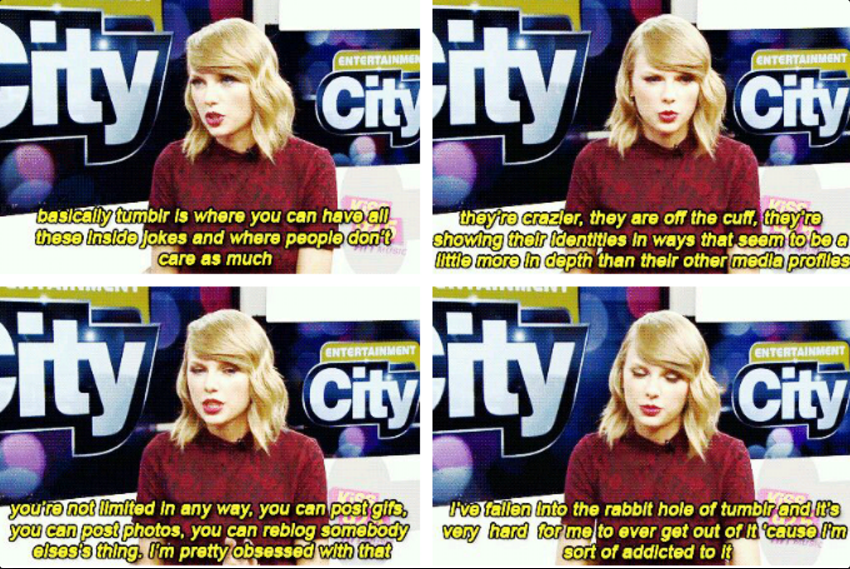
Of course, she’s speaking from a privileged position – her father is a stockbroker and the family relocated for Swift to build her career. But whereas prior to 1989 she presented herself as a victim of the actions of other women, this help and advice positions her as an ally.
This became even more significant during her 1989 tour, when she gave advice to her fans between songs. In a speech that has now become famous amongst Swifties, she said: “You’re not damaged goods because you’ve made a few mistakes in your life. You are your own definition of beautiful and worthwhile, and no one else’s definition. You are wiser, stronger, and smarter because you’ve made mistakes in your life.”
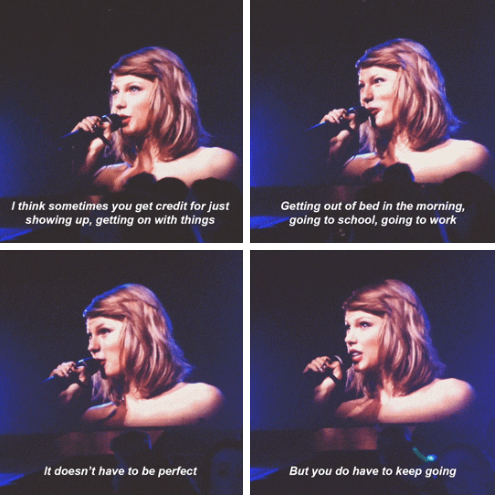
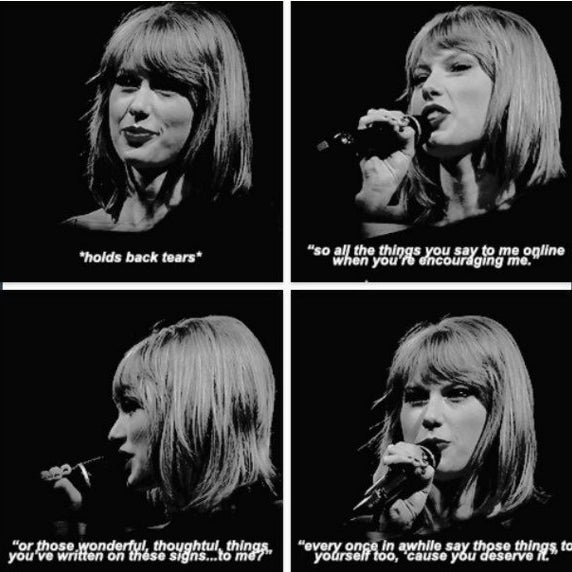
She knew how widespread her reach could be. She's admitted to making certain facial expressions during TV appearances so her fans will make GIFs, and was aware that these speeches would be spread across the internet in the same way. Swift used social media as a vehicle for communicating with her fans; cementing her public image as a likeable role model was the by-product.
By being so open with women both online and in real life, Swift has allowed her fans and the wider public unfettered access to her personality – which is far more complex than just having an obsession with men. And while her fans have always been supportive, these days the same public who once mocked and questioned her also like what they see.

